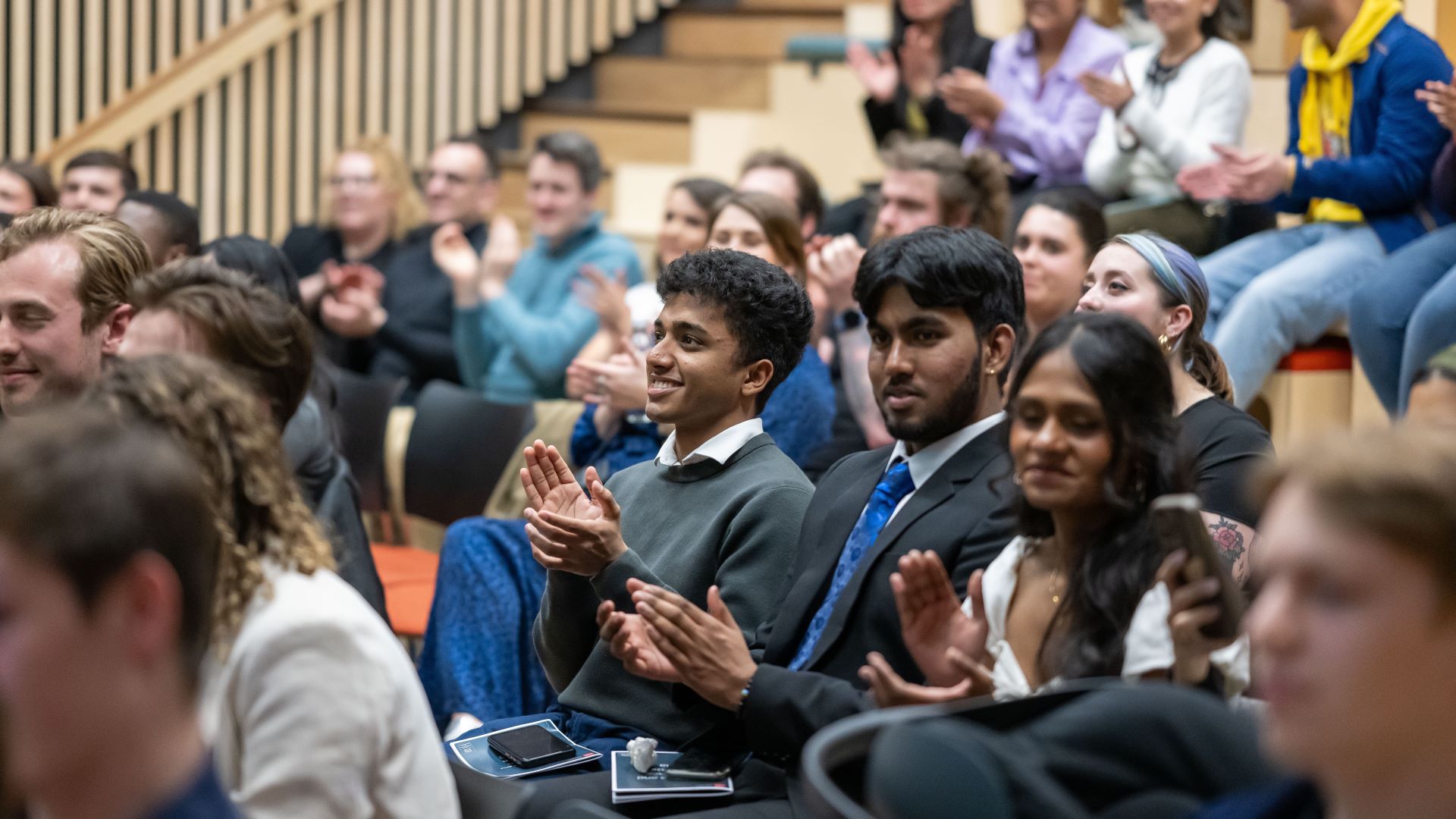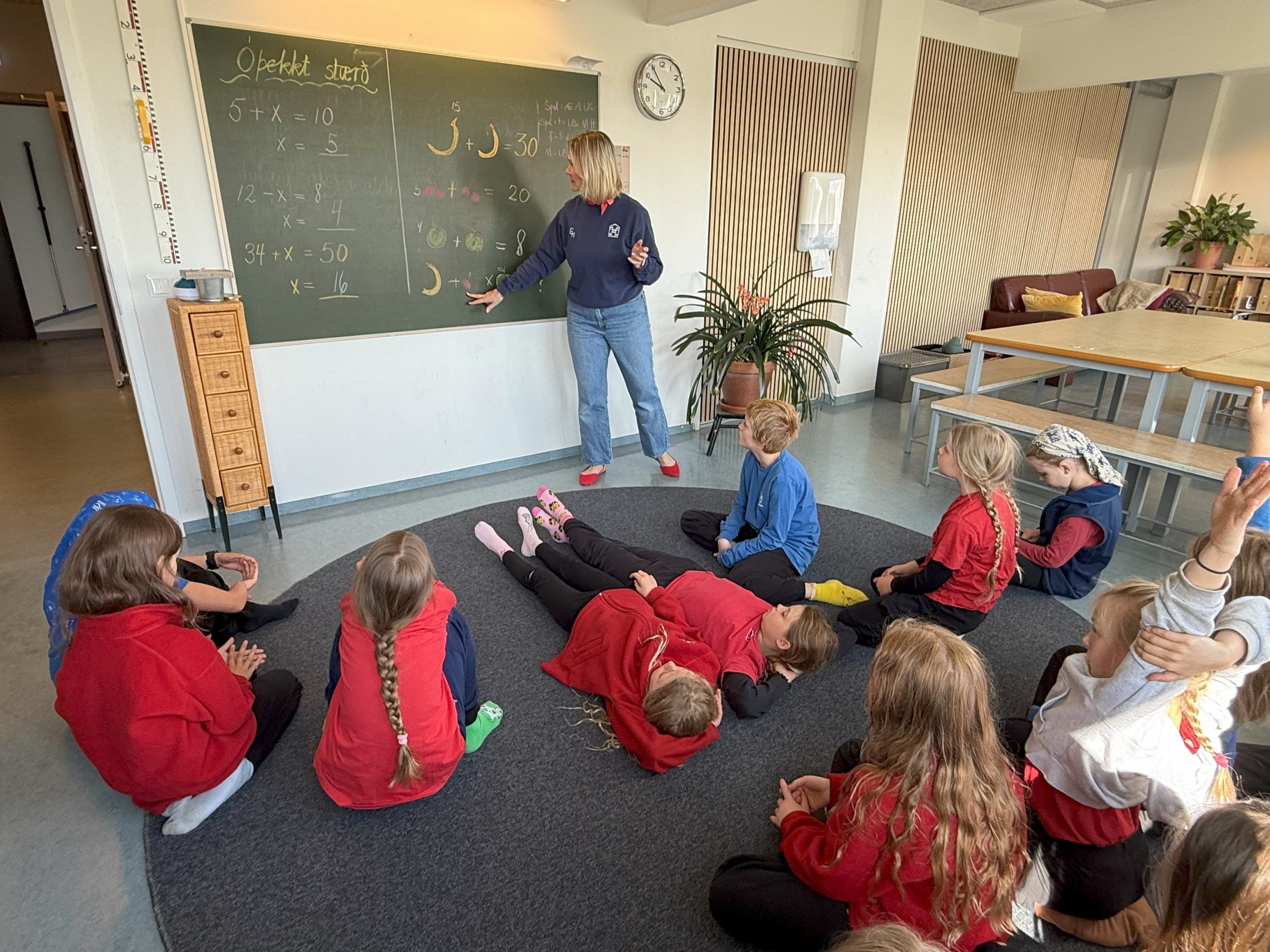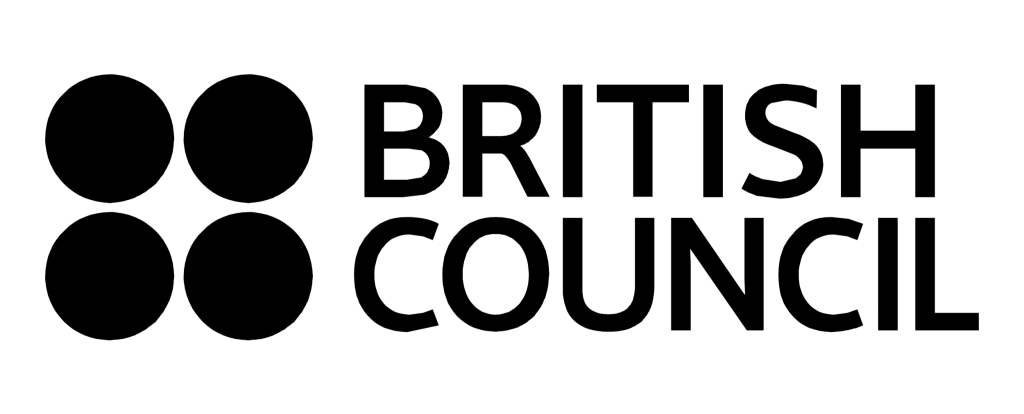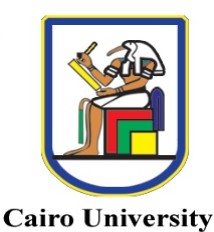
Reducing Gender Disparity in Higher Education
Background
Reducing gender disparity in higher education, particularly in the science, Technology, Engineering, and Mathematics (STEM) fields, is a pressing concern that requires a multifaceted approach because (i) women can contribute to the diversity and creativity of the STEM workforce. (ii) Scientific careers should be open to talent and not limited by personal factors like race or gender [1]. Historically, women have been underrepresented in these disciplines due to a combination of societal stereotypes, lack of mentorship opportunities, and insufficient institutional support. Addressing these barriers is essential not only for promoting equity but also for enhancing innovation and competitiveness in the global economy. Furthermore, the progress towards gender equality in these fields is still alarmingly slow [2].
Women and girls’ low levels of engagement in STEM can be attributed to a variety of factors: There are stereotypes in schools and families that boys excel in science and math, as well as perceptions that STEM careers are not suitable for women. As the Gender Equality Partnerships Grant aims to foster gender equity in Egypt, since Egypt is dedicated to attaining gender equality, as stated in Egypt’s Vision 2030, and gender equality is a significant component of education. The primary objective of this proposal is to encourage women’s access to education, healthcare, and employment opportunities in public health care, environmental science and engineering within a one-year timeframe. By addressing systemic barriers that impede gender equality, the grant seeks to create sustainable change that can be replicated beyond the project’s duration.
To achieve these objectives, several activities will be undertaken. Firstly, knowledge transfer workshops will be organised for the Egyptian partners to raise awareness about gender issues and equip them with tools for implementing equitable strategies. Secondly, the initiative will support mentorship programs connecting young women with role models in STEM, thereby encouraging their participation in traditionally male-dominated sectors. Additionally, community outreach campaigns will focus on educating families about the importance of gender equality and its broader societal benefits.
One effective strategy for mitigating gender disparity is the implementation of targeted outreach programs aimed at young female students. These initiatives can take various forms, including workshops, summer camps, and mentorship schemes that expose female students to role models in STEM. By fostering an early interest in these fields and providing relatable figures who have successfully navigated similar challenges, educational institutions can help dismantle the stereotypes that discourage female participation.
Additionally, implementing gender equality training programs for faculty staff can create a more equitable assessment process during admissions and evaluations. Such measures not only benefit women but also contribute to a richer academic culture where diverse perspectives are valued.

Girls learning mathematics at Hjallastefnan Primary school in Reykjavik, Iceland on the 2nd June 2025. Photo: Dr (PhD) Diana Contreras.
This project is connected to Cardiff University and the Wellcome Trust-funded Ignite project entitled: ‘Reducing gender disparity in STEM from kindergarten to Professional life’. Dr (PhD) Diana Contreras also leads this project. Dr Contreras realised that high school could already be too late to break the gender stereotypes constructed since childhood, and that men must also be included in this process. Therefore, she considered it necessary to learn from education models implemented since infancy, as well as others focused on attracting women already working in STEM to consolidate their positions as independent researchers in the academy. Contacting institutions that implement these models will enable the project team to build a network among educational institutions that promote gender equality and challenge stereotypes, as part of an action plan to address gender disparities actively.
References
[1] Fox, M. F., Sonnert, G., & Nikiforova, I. (2009). “Successful Programs for Undergraduate Women in Science and Engineering: Adapting versus Adopting the Institutional Environment”, Research in Higher Education, 50(4), 333-353.
[2] Casad BJ, Franks JE, Garasky CE, Kittleman MM, Roesler AC, Hall DY, Petzel ZW. (2021), “Gender inequality in academia: Problems and solutions for women faculty in STEM”, Journal of Neuroscience Research, 99: 13–23.


